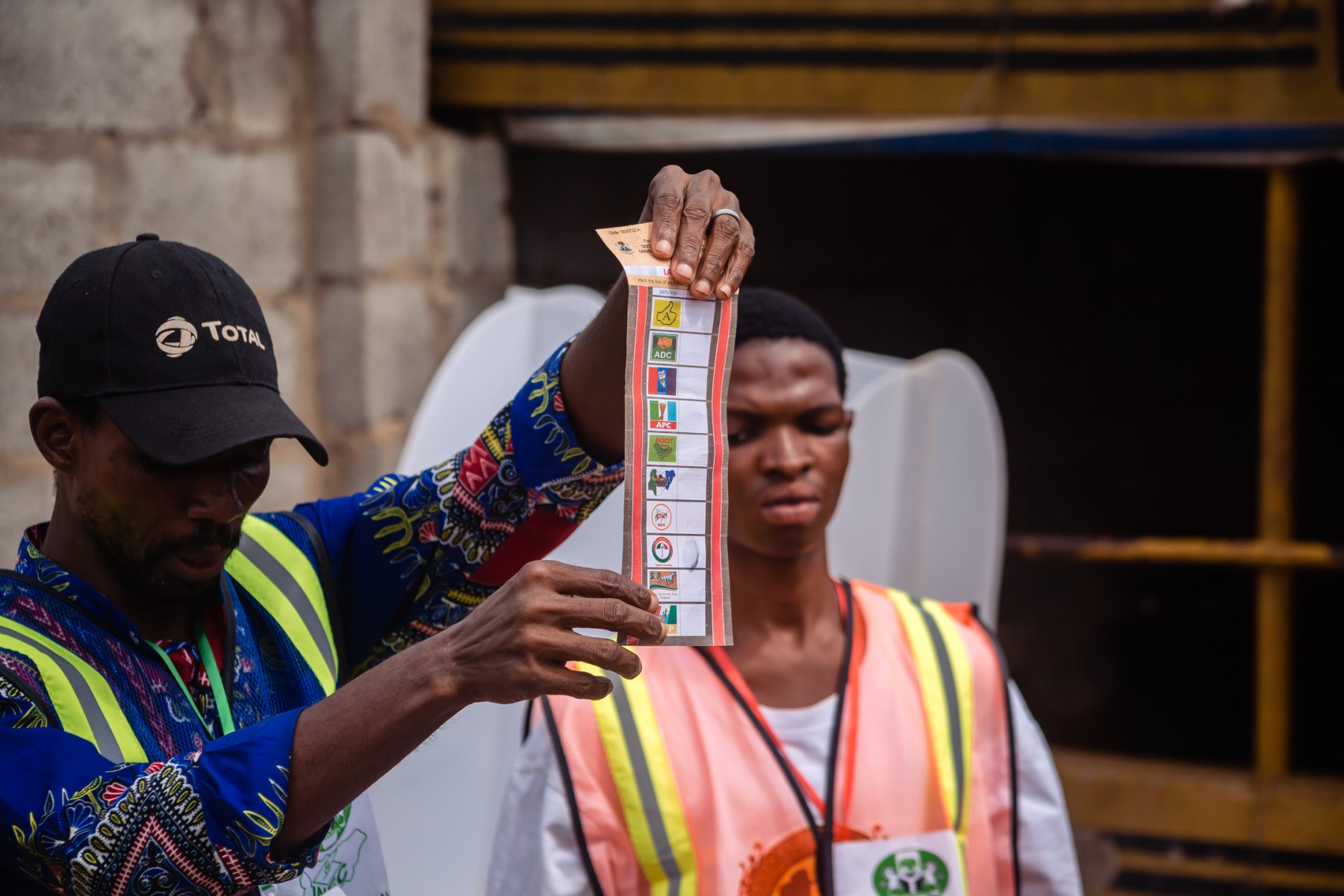
The Independent National Electoral Commission (INEC) said it disagrees with a report on election petitions and its credibility as an electoral body.
The Guardian on Wednesday published a report titled “INEC’s credibility sinks as 94% contested posts awaits tribunal“.
The report said outcomes of the last general elections and unprecedented flurry of election petitions have heightened credibility doubts about the Independent National Electoral Commission’s (INEC) ability to conduct a free, fair, and credible election.
However, INEC spokesperson, Sam Olumekun, in a statement said although The Guardian has “established a reputation for the quality of its stories, incisive analysis, factual accuracy, balance and lately the innovative use of infographics” but he disagrees with the report.
“However, its report under reference contains inaccurate figures, mix up of pre-election and post-election cases, skewed comparative perspective and a headline that suggests that election petitions draw from the action or inaction of INEC,” Olumekun said.
Olumekun said basic fact check on the information regualrly published by the Commission and available on its website would have shown that in 2023, elections were not conducted in 1,280 constituencies, including 782 State Assembly seats.
He added that on the contrary, elections were conducted in 1,491 constituencies across the country made up of 1 Presidential, 28 Governorship, 109 Senatorial, 360 House of Representatives and 993 State Assembly constituencies.
“Similarly, the claim that State Assembly elections were held in only 28 States of the country is made on the lazy assumption that no such elections were held in the eight States of the federation where executive elections are held off-cycle,” Olumekun said.
Olumekun said that as every attentive Nigerian knows, the tenure of legislators is tied to the legislative houses which is a fixed term of four years from the date the Assembly is inaugurated unlike the term of office of the executive which begins from the date they take the oath of office.
“Secondly, the report blames the pre-election cases arising from the conduct of primary elections by political parties on INEC,” he stated.
“These are intra-party cases involving party members in which they join the Commission and seek for reliefs binding on it. As everyone knows, INEC does not conduct primaries for political parties.
“Thirdly, in pursuit of their right under the law, many litigants in Nigeria unfortunately file election petitions over the most improbable cases and later withdraw them or they are dismissed by the tribunals.
“If the report had taken time to analyse the outcome of the cases decided so far by the tribunals, it would have discovered that out of 1,196 petitions, 712 were dismissed and 179 withdrawn.
“This means that in 891 cases (74.4%), the tribunals found no merit in the petitions and affirmed the result of the elections conducted by INEC,” he said.
The INEC spokesman further stated that is surprising how the mere filing of petitions constitute a blot on the integrity of the recent elections conducted by the Commission when in fact they constitute an integral part of the democratic process.
Olumekun said fourthly, the said report analysed the total number of petitions as if they were filed against the outcome of the election in 94% of all the elective positions without considering details of the cases.
According to him, multiple petitions were filed by candidates and political parties as petitioners in a single Constituency.
“For example, in one State in the South South geopolitical zone of the country, eight petitions were filed challenging the Governorship election out of which seven were dismissed and one withdrawn.”
He stated that therefore, the number of election petitions filed in respect of all elective offices will certainly outnumber the total number of constituencies/elective offices.
Olumekun said to spread them across the constituencies and proceed to calculate the percentage is to count some constituencies several times which is methodologically problematic and statistically illogical.
“Five, it is pertinent to note that the grounds for challenging the outcome of an election as provided in Section 134 of the Electoral Act, 2022 are not limited to the conduct of election by the Commission,” the INEC image maker stressed.
“An election may be questioned on the ground that the winner of the election was not qualified to contest the election by virtue of his academic qualifications, age etc.
“Many of the petitioners did not challenge the conduct of the elections by INEC but the eligibility of candidates or their nomination by political parties. Under the law, INEC has no power to screen candidates. Similarly, only the Courts can disqualify candidates.”
[ad unit=2]






